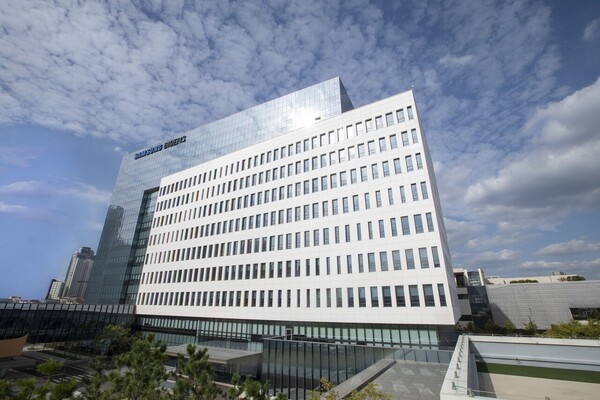Samsung Bioepis said that the European Medicines Agency (EMA)'s Committee for Medicinal Products for Human Use (CHMP) adopted a positive opinion for Pyzchiva, also known as SB17, a biosimilar candidate referencing Stelara, last Sunday.

This biosimilar, referencing Janssen's Stelara (ingredient: ustekinumab), treats a range of immune-mediated diseases, including plaque psoriasis, Crohn's disease, ulcerative colitis, pediatric plaque psoriasis for patients over 60 kg, and psoriatic arthritis.
According to Samsung Bioepis, Pyzchiva stands out as a human immunoglobulin G1 kappa (IgG1κ) monoclonal antibody that targets the abnormal regulation of IL-12 and IL-23, pivotal in the pathophysiology of these conditions.
This CHMP endorsement paves the way for the European Commission (EC) to potentially authorize its market access, marking a significant milestone as Samsung Bioepis anticipates its fourth immunology biosimilar to enter the European market.
In a strategic move to broaden its global footprint, Samsung Bioepis partnered with Sandoz to develop and commercialize this promising ustekinumab biosimilar.
This collaboration, announced in Sept. 2023, encompasses the U.S., Canada, the European Economic Area (EEA), Switzerland, and the U.K.), highlighting the companies' commitment to enhancing accessibility to essential biologic therapies.
The announcement aligns with Samsung Bioepis' recent presentation at the 19th Congress of the European Crohn's and Colitis Organisation (ECCO) in Stockholm, Sweden.
Here, the company unveiled two new studies underscoring SB17's structural, physicochemical, and biological equivalence to Stelara, reinforcing its potential application across all indications the original drug treats.
These studies, part of a comprehensive phase 3 clinical trial involving 503 patients across eight countries, demonstrated SB17's comparability in efficacy and safety, affirming its role as a viable therapeutic alternative.
Related articles
- Samsung Bioepis confirms SB17's efficacy in all indications of Stelara
- Samsung Bioepis begins P1 trial of Keytruda biosimilar
- Samsung Bioepis, Samil Pharm to co-market Eylea biosimilar
- Samsung Bioepis initiates global phase 3 study for Keytruda biosimilar
- Samsung Bioepis secures 1st approval in Korea for Stelara biosimilar

